Antonio Marcegaglia stated: "Portfolio, one of the highlights of our group is the geographical diversification on the front line and the diversification of the user market. This is a key element of resilience in our performance as a fundamental pillar of our strategy,", highlighting the company's flexibility. Marcegaglia recalled that before the long product acquisition in 2022, the group's performance reached the 90 billion level, after which this level dropped to below 7. “Service is a kind of ‘gold’ of the near future,” he emphasized the importance of the service sector.
Pointing to the structural change in demand as the first major challenge in the steel industry, Marcegaglia noted that Europe has experienced a loss of demand of about 15 million tons in the last 6 to 8 years. He stated that this loss took place in the context of the global growth slowdown and that the growth rate of many countries, including China, has slowed down. Only India and some Southeast Asian countries are growing, so Europe needs new strategies to support steel demand, he emphasized.
Underlining the expectations that electric arc furnaces (EAF) will grow globally, Marcegaglia noted, "What is 30% today could be 50% tomorrow. This is not unique to Europe," he added. He highlighted the growth potential of specialty products such as stainless steel, high-performance steel and green steel, noting that public announcements are important to support demand. He also pointed out that rearmament and infrastructure projects could boost demand and that supporting Europe's domestic demand should not be overlooked.
Referring to global overcapacity, Marcegaglia noted that capacity continues to grow in Asia, particularly in India and Southeast Asia. He stated that Chinese trading partners are predicting that 300 million tons of capacity will be cut in the next 5 to 8 years. He explained that these cuts are due to economic sustainability issues and that export-led models no longer work for China.
Commenting on protective trade measures, Marcegaglia emphasized that "We need to protect our industry against unfair competition and this requires anti-dumping, countervailing and safeguard measures. But protectionism without a clear objective cannot be the only solution,", stated Marcegaglia, emphasizing the importance of Europe remaining integrated in the global supply chain. Europe should not adopt a completely isolated approach.
Marcegaglia pointed to the structural competitiveness gap of European industry, noting that the lack of raw materials and energy costs deepen this gap. He stated that China is not as subsidized as it is thought to be and that competitiveness is not only related to Asia, but also to the US, the Middle East and North Africa. Therefore, he emphasized that Europe's partial dependence on the global supply chain is inevitable.
Touching on the carbon neutralization process, Marcegaglia stated that Europe is aiming for leadership in this regard, but that the process is challenging due to existing technology, costs and timing. Describing the CBAM implementation as “a nightmare”, Marcegaglia stated that this system has serious problems in terms of implementation, resources, control and downstream chains.
Responding to the question “What should be protected? Which sectors?”, Marcegaglia answered, “Every sector should be protected,” and emphasized that the use of natural gas should be reconsidered as an effective tool for reducing carbon emissions. He stated that raw material policies should not focus solely on scrap, noting that materials like vanadium will become increasingly critical in the future.
Highlighting the strengths of supply chains, Marcegaglia stated, “We have an increasingly sophisticated market. We possess advanced technologies used all over the world. We have a culture of innovation and strong distribution networks.” He noted that if managed well, the green transition could present a significant opportunity for Europe, and developments in the Middle East and Africa could open up new possibilities.
Concluding his speech with, “We want to reach 10 billion euros — this is a sustainable target for us. Some years we will need more, but on average we want to achieve this,” Marcegaglia outlined the group’s growth targets and future vision.



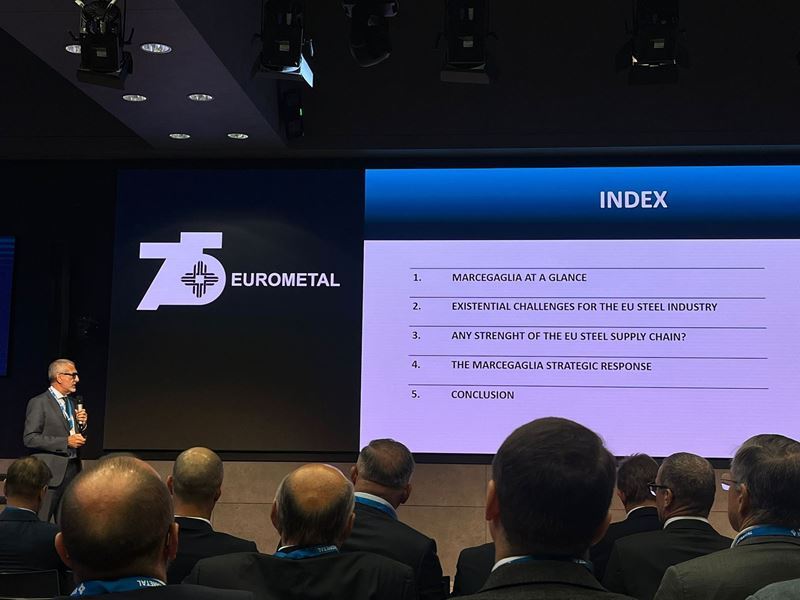
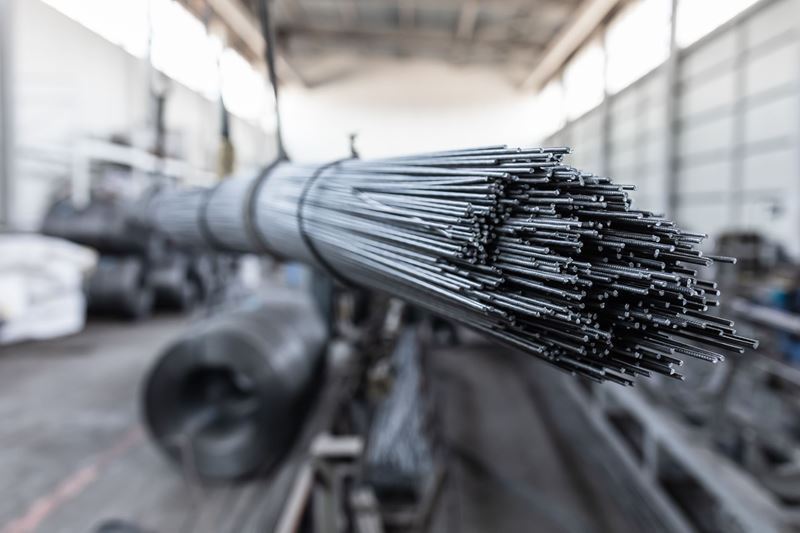
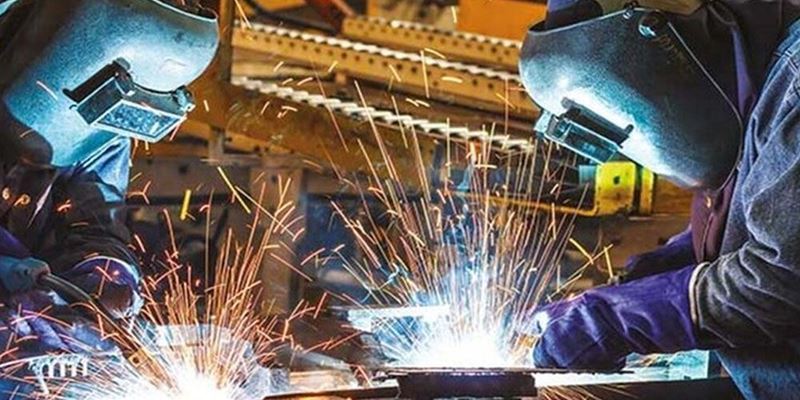
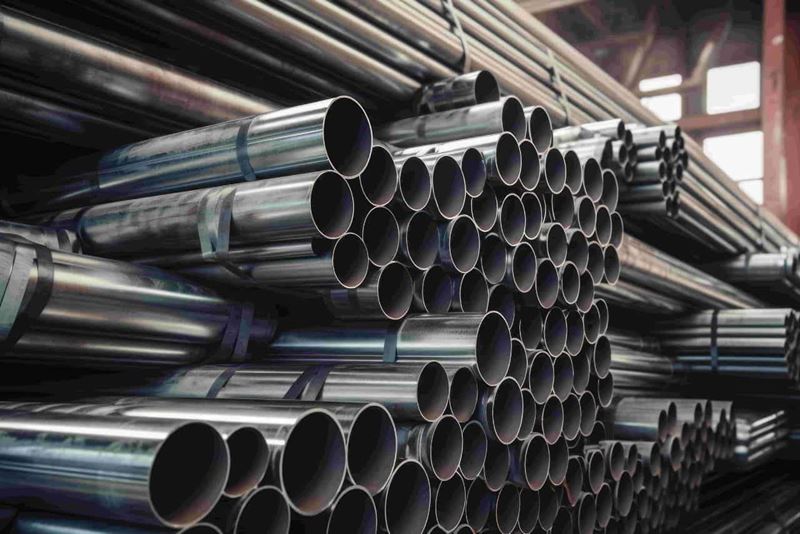
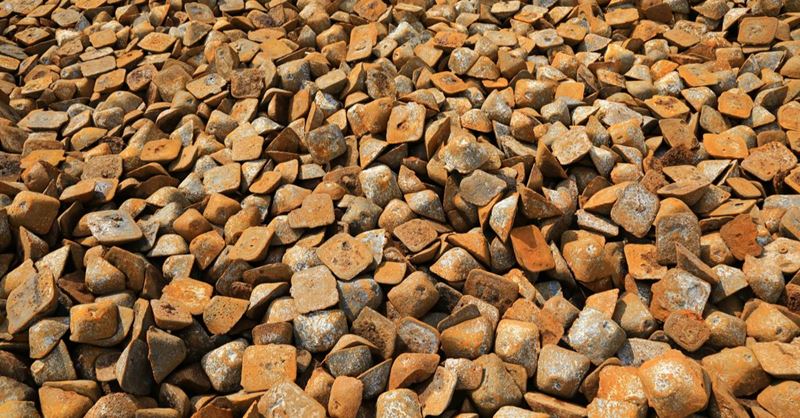
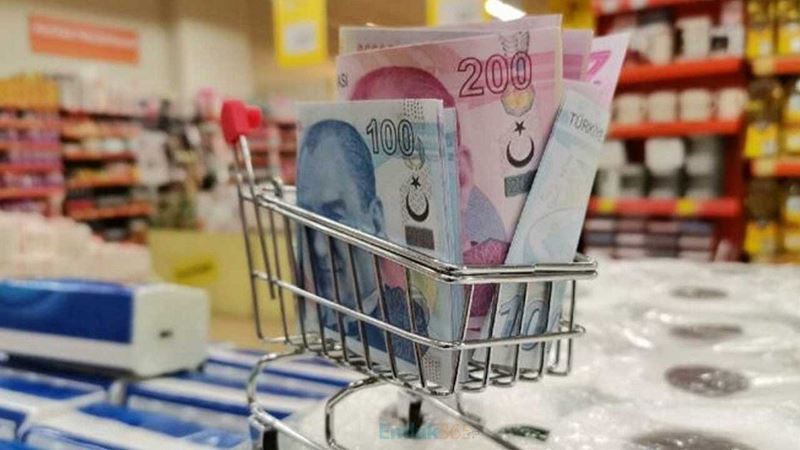


Comments
No comment yet.